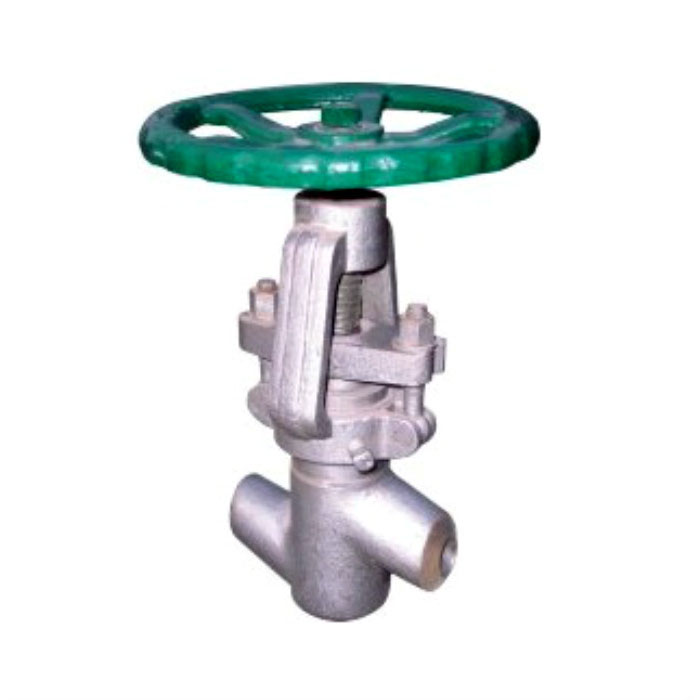How does the valve corrosion affect valve serivice life?

Valve corrosion is generally understood as the damage to valve metal materials under the influence of a chemical or electrochemical environment. Since the phenomenon of "corrosion" occurs in the spontaneous interaction between the metal and the surrounding environment, how to isolate the metal from the surrounding environment or use more non-metallic synthetic materials has become a common concern.
The chemical corrosion of metals depends on the temperature, the mechanical load of the friction parts, the stability of the sulfide and its acid resistance contained in the lubricating materials, the duration of contact with the medium, the catalytic effect of the metal on the nitriding process, and the corrosion and corrosion The conversion rate of the molecules of the substance to the metal and so on.
As we all know, metal corrosion damage has a considerable impact on the valve's operating period, reliability and service life.
1.The effect of mechanical and corrosion factors on the metal greatly increases the total wear of the contact surface. During the operation of the valve, the friction surface is worn and destroyed due to the simultaneous mechanical action and the chemical or electrochemical interaction between the metal and the environment.
2.For valves, the climatic conditions of their pipelines are complex;
3.The presence of hydrogen sulfide, carbon dioxide, and certain organic acids in media,such as oil, natural gas, and oil-bearing water, increases the destructive power of their metal surfaces and quickly loses their ability to work.
Therefore, the anticorrosion methods (or measures) of metal valves and the application of synthetic valves have become one of the current research topics in the valve industry.